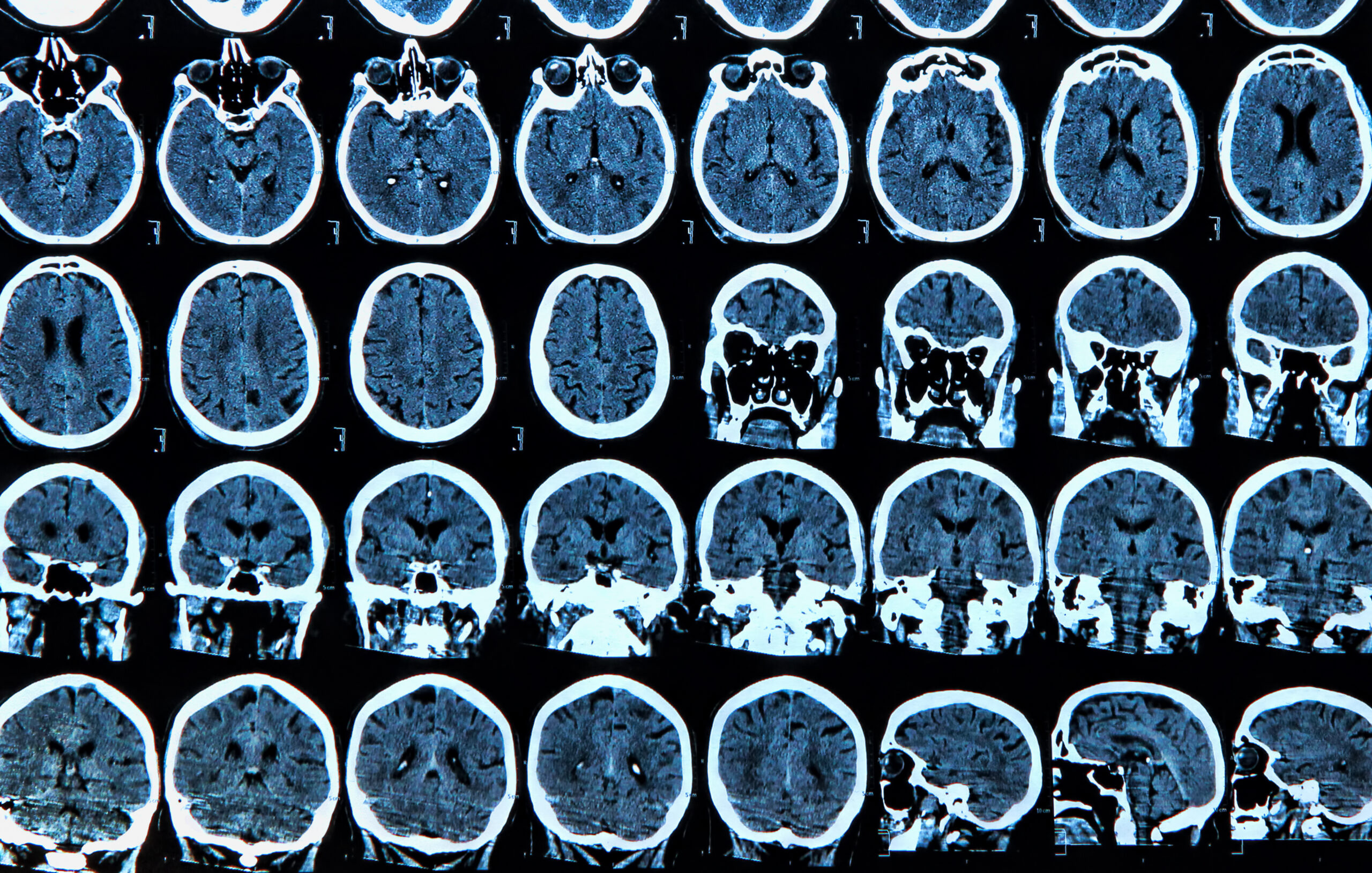Neurodegenerative diseases are conditions that cause progressive damage to the nervous system, including the brain and the spinal cord. While there are many different causes and impacts of neurodegenerative diseases, none have a known cure. As such, many scientists spend their time and resources searching for new treatments for neurodegenerative diseases. Huntington’s Disease (HD) is one of these diseases, affecting approximately 30,000 people in the United States. HD is genetically inherited; one can only develop HD if one or both of their biological parents also have the disease. Symptoms include both motor and cognitive decline, with symptoms worsening over time. Typically, symptoms develop during adulthood, but individuals with HD have the mutated gene throughout their entire life. This observation was a point of interest for researchers at the Grenoble Institute for Neuroscience in France, who then conducted a study in mice with HD to assess the impact of early intervention on disease outcomes later in life.
Huntington’s Disease is caused by a mutation in the HTT gene on chromosome 4.
Image source: Andriy Onufriyenko
In the study, the authors first recorded the activity of brain cells in HD mice for 3 weeks after birth, identifying some differences in activity during the first week that ultimately got resolved in the second week in HD mice compared to normal mice. The dysfunction was specific to certain neurons that displayed reduced activity in the first week after birth. As such, the researchers corrected this dysfunction during the first week of life with medication to assess any potential impacts on the development of HD symptoms in adulthood. Treatment in mice with the HD gene stalled the development of motor and cognitive symptoms, whereas untreated mice developed symptoms of HD as expected. However, when treatment was given to normal mice, this also had a negative effect on both behavioral and molecular outcomes, indicating that activity in the first weeks of life should be tightly regulated. This research highlights the potential value of targeting treatments for known carriers of the HD gene early in life, such that their symptoms in adulthood can be reduced or eliminated.
Featured Image Source: photoprofi30










